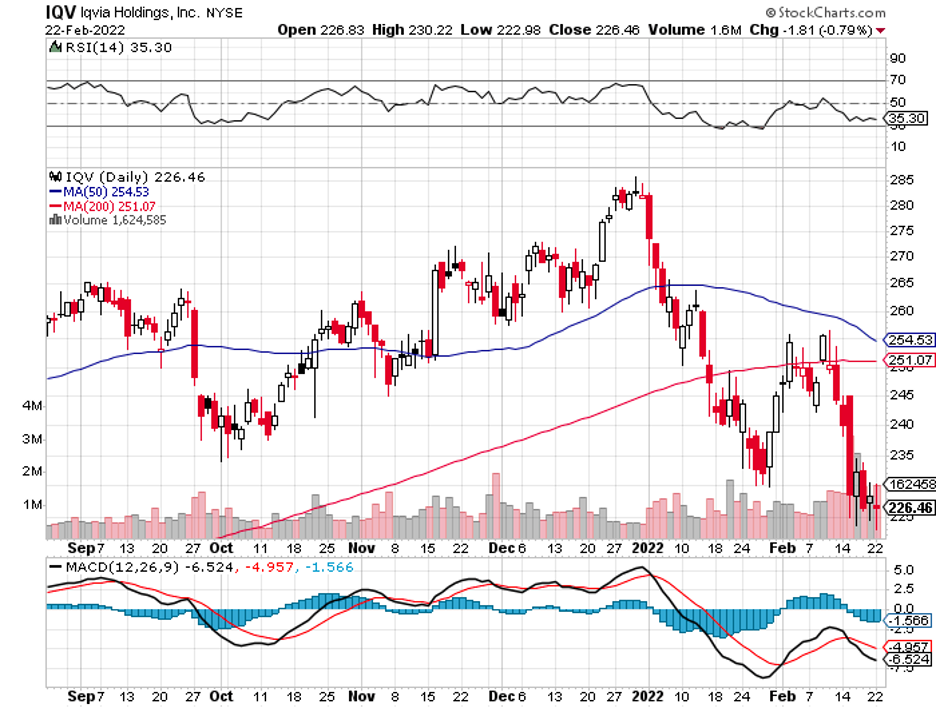Global Health Tech Pioneer Soaring Under the Radar
The COVID-19 pandemic has shed light on innumerable flaws in the way several industries function, ranging from the healthcare system to the global supply chain.
At the same time, this phenomenon granted a rare chance for several innovative businesses to offer solutions to these flaws.
Although COVID-19 is a healthcare issue, the secondary effects like economic and financial instability it caused aggravated the situation.
Worldwide poverty worsened in 2020—something that has not happened in 20 years—forcing roughly 100 million individuals below the poverty line.
The absence of much-needed essential healthcare products and services in several areas across the globe resulted in restricted capacity to respond to the pandemic and its effects.
While the situation was definitely heightened in developing nations, even countries like the United States struggled with the situation, with 1 in 4 adults suffering from 2 or more chronic health conditions.
Moreover, the country’s national healthcare expenditure rose 9.7% to reach $4.7 trillion in 2020, accounting for 19.7% of the GDP. That’s roughly $12,530 per person.
That’s why it comes as no surprise that even the most developed areas of the globe are scrambling to find answers to the debilitating cost of healthcare.
A total of $44 billion was raised in 2021 solely for healthcare innovation initiatives. This represents a jaw-dropping increase from the $22 billion raised in 2020.
Notably, 2021 also saw a 50% rise in health tech companies' acquisitions, and these numbers are anticipated to climb in 2022 and beyond.
By 2028, the US national healthcare expenditure is projected to hit $6.2 trillion, primarily due to the steady increase in spending on healthcare technology.
While the rise in expenditure would undoubtedly lead to improved healthcare quality, the increase tends to be misleading because it implies an increase in cost as well.
That can’t be any further from the truth.
Aside from offering life-saving solutions, the introduction of more advanced technology like AI in healthcare actually saves money. In fact, the estimated savings rate annually by 2026 is at $150 billion.
Given that AI technology alone is anticipated to save roughly 22,000 people each year starting 2033, the most logical move is for the healthcare industry to keep investing in this kind of technology and other life-saving solutions.
One critical player in this transition period is Iqvia Holdings (IQV).
This company, which was featured in Fortune’s “World’s Most Admired Companies” in 2022 and the No. 1 in “Healthcare: Pharmacy and Other Services, focuses on leveraging data science to provide life-saving solutions.
It was formed in 2016 following the merger of Quintiles and IMS and has since then transformed into the leader in health information technology in the world.
The company aims to elevate research and innovation through offering business intelligence to the healthcare industry and offering its assistance in clinical studies.
While Iqvia did not become a household name like Moderna (MRNA), Pfizer (PFE), and BioNTech (BNTX), this health tech company gained popularity during the COVID-19 pandemic.
Iqvia was able to provide the necessary insights that organizations needed to manage the effects of the pandemic. The company's analysis proved to be vital in coordinating efforts, predicting future situations, and determining unforeseen problems.
The capacity to share their valuable data anywhere in the world drastically reduced the time wasted on coordinating and boosted efficiency.
Basically, Iqvia has three primary segments: Technology and Analytics Solutions, R&D segment, and Contract Sales and Medical Solutions.
Despite the challenges of the pandemic and its effects, Iqvia’s three segments still managed to grow.
The revenue of Technology and Analytics Solutions climbed by 10%, reaching a total of $1.34 billion.
Meanwhile, its R&D division raked in $1.85 billion, showing off a 32.4% rise from the same period in 2020. While this is an impressive growth, the company aims to continue expanding, with an additional $6.9 billion worth of backlog in its R&D in 2022.
Finally, the revenue of its Contract Sales and Medical Solutions sector reached $201 million, with more and more services expected to enter the market.
However, one of the most promising stats from Iqvia is its recent buyback in September 2021. The company repurchased shares worth $202 million using its accumulated cash, of which $125 million was generated in the third quarter alone.
Following this move, the company still has $697 million left in share repurchase authorization. This recent buyback follows an Iqvia tradition, which dates back to 2018—a tradition that definitely inspires confidence in the long-term outlook of the company.
Other than these three core businesses, Iqvia has revealed the addition of a Research Nursing and Phlebotomy services unit.
The emergence of these mobile units would ensure that the company becomes more accessible and can offer more affordable services.
Another new segment is its Grants and Funding Management platform, which offers solutions to other companies in the life sciences.
Iqvia is a pioneering name in the healthcare industry, and this company is among the handful of names that look extremely promising.
Looking at its trajectory, Iqvia has proven its rightful place in this emerging market by delivering highly critical improvements and essential insights.
Considering all these, Iqvia is no doubt a rock-solid bet.


